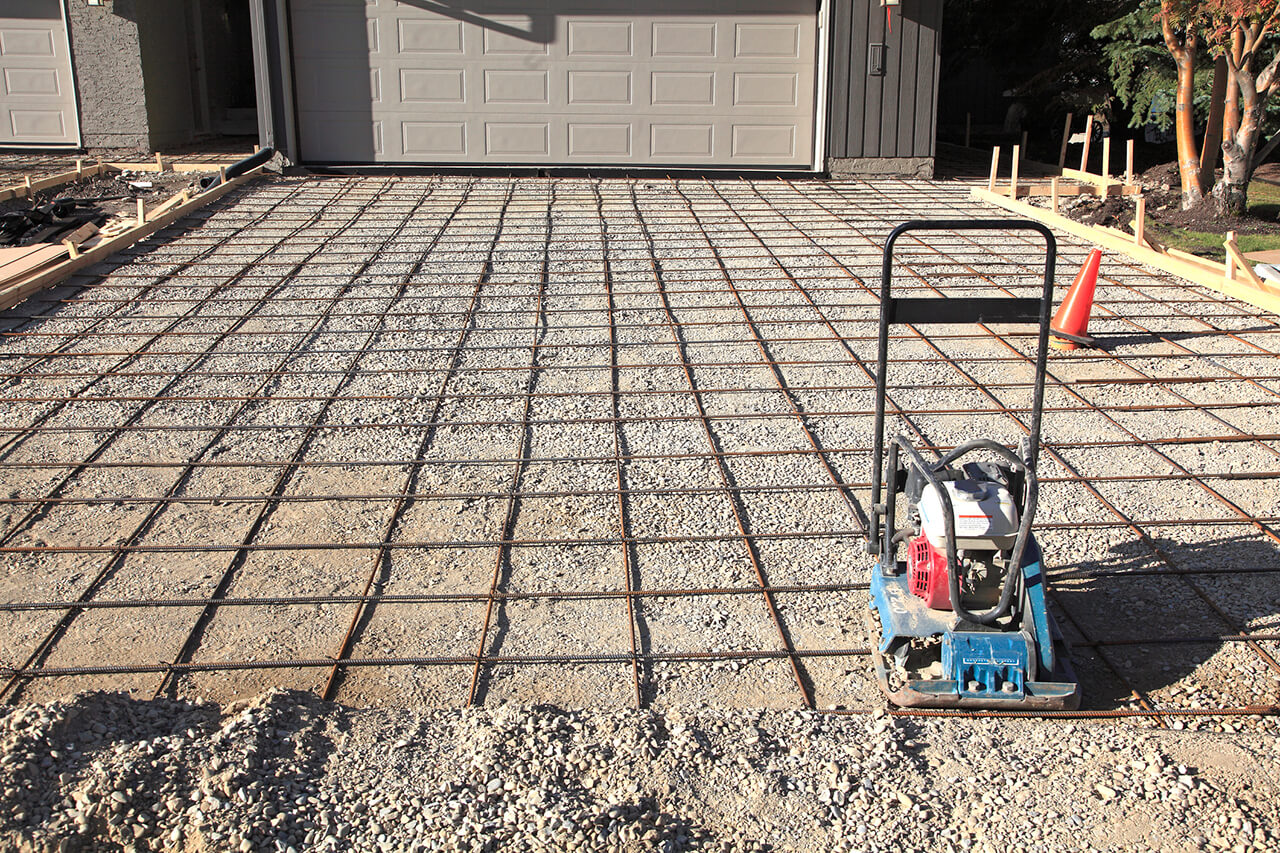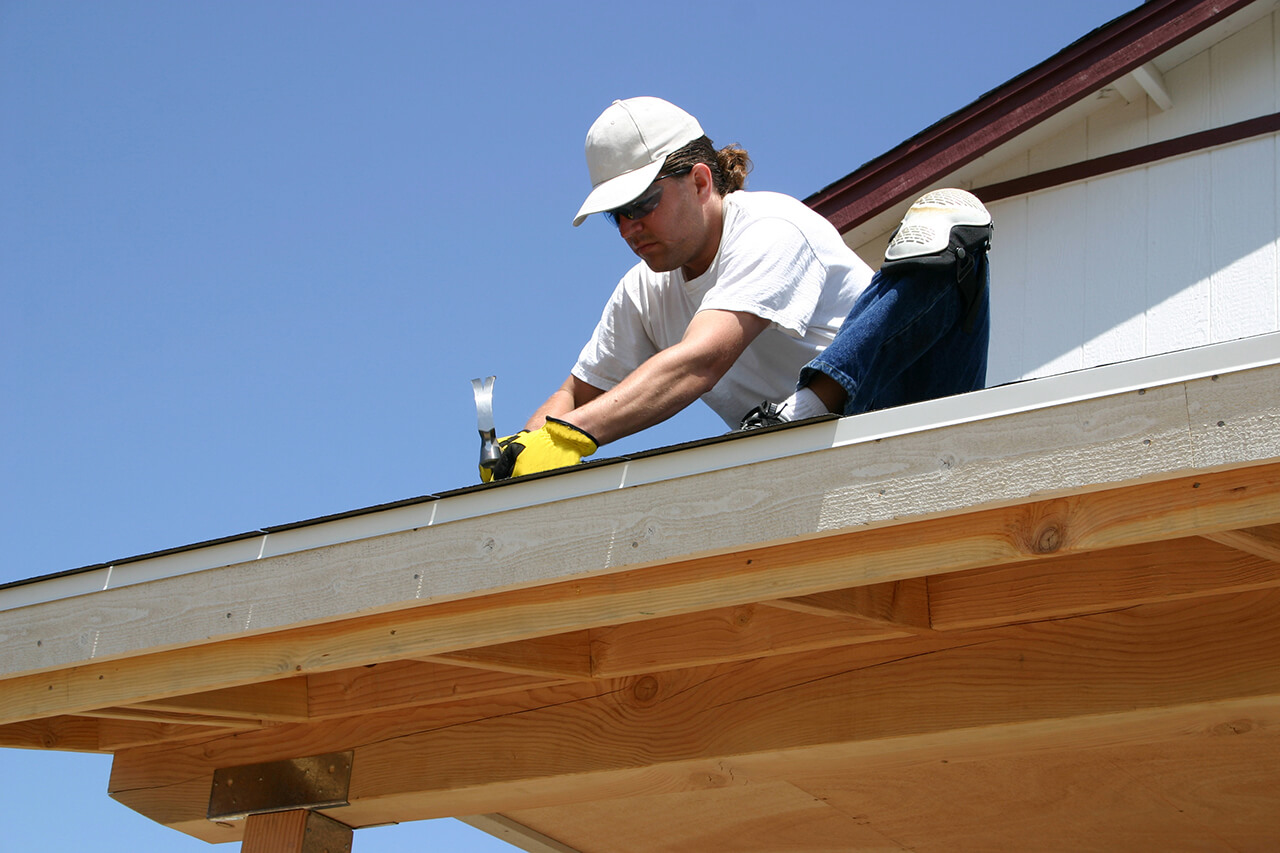Plumbing Cost Estimator
The cost of a plumber ranges from $175 to $450 for a typical job with the average cost per hour ranging from $45 to $200. This can include jobs like repairing faucets, toilets, sinks or bathtubs. Depending on the job, some plumbers charge a flat rate, or service fee of $300 on average.
Plumbing Repair Cost Guide
Hiring a plumber costs an average between $175 and $450. Most jobs are billed hourly at $45 to $200 per hour. Labor is almost always going to be your biggest expense. The more involved the job, and the more that must be torn up, the costlier the project.
Slab Leak Repair Costs
Detecting a leak under your slab foundation costs anywhere from $125 to $400 and requires special equipment. Fixing an under slab leak averages $500 to $4,000. The total cost can run much higher based on project variables, including but not limited to:
The thickness of the slab
The depth of the leaking pipe
The type of flooring that must be removed and replaced
Rebar and/or vapor barrier removal
Slab leaks are leaks in pipes under the slab of the home. Fixing one requires flooring removal for access to the slab, jackhammering out portions of the foundation, digging down to the pipe, repairing or replacing it, and replacing the floor. Get a direct quote from a professional plumber.
Cost to Fix Leaking or Burst Pipes
Leaking pipes cost an average of $150 to $350 to repair, while diagnosing leak locations can add an additional $100. This doesn't include repairing the wall after the fix. Drywall repair costs an additional $250 to $750 depending on the size and location of the hole.
If the pipe burst, you can expect to pay anywhere from $1,000 to $4,000 in water damage cleanup and repair fees. Frozen pipes may also require the price of addressing insulation or heating needs in your home.
Gas vs. Water Leak Repairs
Gas pipe repairs cost $250 to $750. Our guide on gas line repairs goes in depth into why prices are slightly higher than water line, though you'll use a plumber for either job.
Cost of Repairing Pipes in a Ceiling
Serious plumbing problems might require both replacement of pipe and cutting into walls or flooring. Ceiling repair costs average $675. Cutting into any wall, floor or ceiling incurs additional construction costs on top of the average plumbers' fees.
Main Line Leak Repair Costs
Leak repair runs anywhere from $300 to $4,000 depending on if it needs a repair or replacement.
Main line leak repair costs an average of $750. The repair guide discusses indications you have a leak and precautions you can take to avoid repairs.
Installing a new main water line costs an average of $1,500. The installation guide covers access, line depth, location and any red tape you might encounter.
Cost of Clearing a Clog in a Sink, Bathtub, Toilet or Garbage Disposal
Clearing drain clogs costs about $200. Our drain clearing cost guide covers the types of drains and factors that affect cost. Clogs represent the number 1 plumbing problem, but they're not always serious. A backed-up toilet, for instance, might just need swift work with a plunger.
Sink issues often involve the garbage disposal. Don't put corn husks, celery, grease, meat or starchy foods in it - toss or compost these items. Always run plenty of hot water while it's in use. If it does get clogged:
Try plunging it first.
If it doesn't turn on, it's jammed or overloaded. Follow any troubleshooting steps in the user manual for jams or resetting the unit.
Always unplug it before attempting any fixes.
If none of these measures fix the problem, consider hiring a professional plumber.
Sewer and Septic Repairs
Sewer repairs tend to be rush jobs. The expedited nature of the job might cost you a bit more, but it will keep your family safe and will hinder further damage to your home. Fixes range from a simple clog to replacing a section of pipe.
Installing a sewer main costs $3,000.
Main line repairs average $2,500.
Address septic tank issues immediately. Pricing ranges depending on the work you need done.
Repairing a septic tank averages $1,500.
Price of a new septic system: $5,500 on average.
If you find you have a sewer or septic tank issue, keep your family away from the leak, and call a plumber immediately. Waste water can contaminate your ground water, surface water and your yard with bacteria. The key is to act quickly.
Fixing a Water Heater
Water heater repairs run $550 on average. Our water heater repair cost guide covers common problems like heating elements, thermostats, control valves, thermocouples, anode rods and tank cleaning.
Sump Pump Repairs
Repairs run $300 to $700 on average while installations range anywhere from $650 to $1,800. Our sump pump repair costs guide covers all considerations of submersible and pedestal types and common signs it needs repairing. The sump pump installation cost guide details the types of units and sizing considerations.
Toilet Repair
Toilet repair runs $140 to $300. For details of the pricing of various parts and labor costs, see our toilet repair cost guide.
Average Cost to Replace Plumbing
Replacing plumbing costs anywhere from $350 to $2,000 or more depending on the size of the project. Regardless of repairing or replacing, plumbers cost anywhere from $45 to $150 an hour, usually with a minimum charge, a higher first hour charge, or a trip fee.
Plumbing Prices Per Fixture
The most common fixtures include sinks, faucets and toilets.
New sink installation costs $200-$525, based on style and place of installation: kitchen or bathroom.
Toilet installation pricing ranges from $200-$525. Varies by brand, type and replacement time.
New faucets cost $150-$350. Discounts may be available if combined with sink installation.
Bathtub & Shower Prices
Replacing a bathtub costs: $1,000-$5,000. Varies based on type and the surround.
Shower installation pricing: $1,200-$5,500. Come in fiberglass, acrylic, tile, glass or a mixture of materials.
Tub or shower liner costs: $1,500-$4,100
Replacing the Water Pressure Regulator
Water pressure regulators are $250 to $350 to replace. The part averages $50, the rest is labor. It takes about three hours to install.
The regulator reduces the pressure from the main line running into the home. It also keeps pressure surges from damaging your homes pipes.
P Trap Replacement Prices
The p-trap, also known as a sink trap, runs between $200 and $325 to replace. Costs will vary by location - urban areas with higher costs of living can expect higher installation prices. Sink traps are required by building code to keep sewer gasses from entering your home.
Cost to Repair a Main Water Shut Off Valve
The main water shut off valve is $375 to $600 or more to replace. Replacement involves shutting off the water to the house, adding piping, putting in the new valve and draining the entire system. The location and accessibility of the valve can impact and drive up the price considerably.
This valve is required by code and necessary to work on most home plumbing issues. The first step in any plumbing repair project is shutting the water off.
Plumbing Stack Replacement
Main stack replacement costs anywhere from $1,500 to $4,000 depending on accessibility and length. Well-maintained brass, cast iron or steel stacks last anywhere from 70 to 100 years or more. PVC stacks are much easier to work with but only last 30 to 40 years.
Well Pump
Replacing a well pump runs $1,500 while repairs are $800 on average. Our well pump installation cost guide covers all costs and considerations for jet, submersible, solar and hand pumps as well as replacement factors. The well pump repair guide covers what a one does and problems that may occur.
Water Heater Installation
Installation pricing depends on which type you choose: standard, solar or tankless. Consider each one of these installation guides before choosing which route to take.
Standard water heater installations cost: $750-$1,400 or higher for high-efficiency models.
Solar water heater installation prices: $2,000-$5,200
Tankless water heaters cost: $1,000-$1,800
Water or Gas Holding Tanks
Holding tank replacement costs $1,500 to $2,400. The price of removing a holding tank averages between $500 to $1,350.
Rerouting Plumbing Prices
Rerouting a single line averages $650 to $1,500, not including the cost of drywall or framing removal and replacement. The total cost will vary considerably based on factors like the line length and accessibility. A line under a slab is often more expensive to reroute than a line in a crawlspace, basement or wall. The best way to get pricing for your project is to source multiple bids from licensed contractors.
Whole House Rough in Plumbing Cost
For a 2,300 square foot home with 2.5 baths, rough-in plumbing starts at around $11,500, but can run considerably higher based on the type pipe used - PEX, CPVC or copper. This type of work is usually done by plumbing contractors who specialize in new construction and major renovations. Contact a reputable pro to compare costs of new plumbing pipes and to get a quote specific to your home.
Plumbing Inspection Charges
Plumbing inspectors charge an average of $165 though rates may vary depending on your location and if it's bundled with other home inspection costs of $250 to $500. A plumbing inspection isn't always necessary for purchasing a new home, though it is cheap peace of mind.
Plumber Cost Tips
Saving money on a plumber doesn't mean you need to cut corners. In fact, hiring a licensed pro means knowledgeable and insured work that avoids costly future repairs. Follow these tips to find the right plumber, keep in budget and avoid future problems.
It's always best to shop for a new plumber before your kitchen sink turns into Niagara Falls. Waiting never makes a plumbing problem better.
Get a firm estimate in writing. Make sure you're apprised of any problems that arise.
Multiple factors affect cost: fixture quality, quantity, job time, location and when you need the job done. Holidays, weekends and after-hours emergencies cost more.
Be aware of first-hour and trip fees. Most plumbers and rooting companies charge upfront fees or higher rates for the first hour just for showing up, though those fees usually can roll into the cost of repairs and renovations.
Going for the lowest bids can be problematic. Some companies offer lower hourly rates, but then tack on equipment fees and other extras you might not have anticipated.
Not all companies employ licensed plumbers. If the job is a simple root-out-the-clog, that might be okay, but licensed plumbers are almost always better at diagnosing tricky problems. Expect them to bring micro-cameras and other fun gadgets, and to warranty their work.
Consolidate jobs to save money. If you know you've had a leaky faucet in your bathroom for weeks, ask your plumber about it while he or she is working on your toilet. It could save you money in the long run. Learn more about how to fix a leaky shower faucet.
How to Estimate Plumbing Jobs
Estimating a plumbing job is best left to the professionals. However, our guides linked to throughout this article are the best first step to understanding pricing. Understanding basic plumbing is an excellent second step. Not only does this help you diagnose potential problems before they become costly ones, but it'll help you understand what a plumber does.
Free Plumbing Quotes
Most plumbers offer free quotes on large jobs. With water coming through your ceiling, a free quote may be the last thing on your mind. Get multiple quotes for larger jobs such as remodels, water heater replacement and home additions. Find the best plumbers in your area to get free quotes on your next plumbing project.








